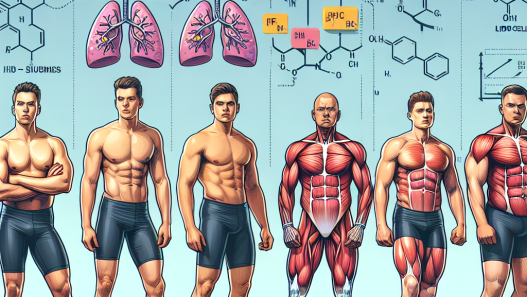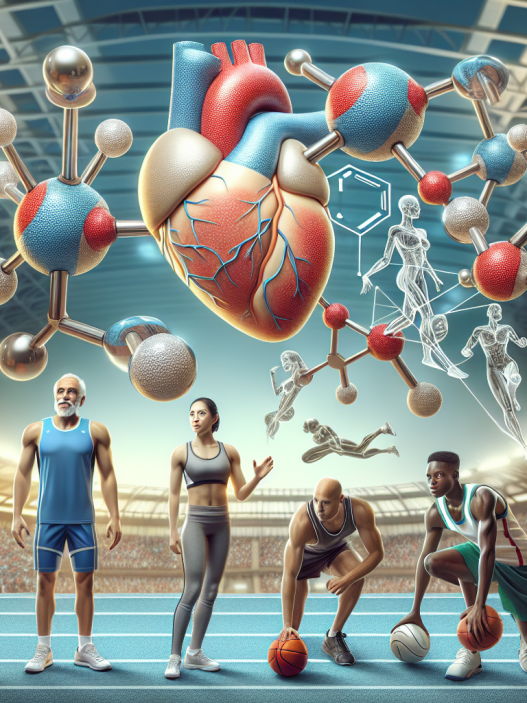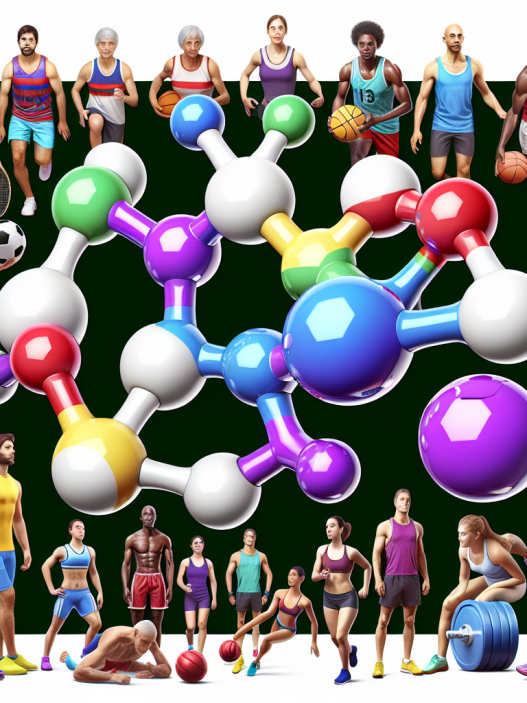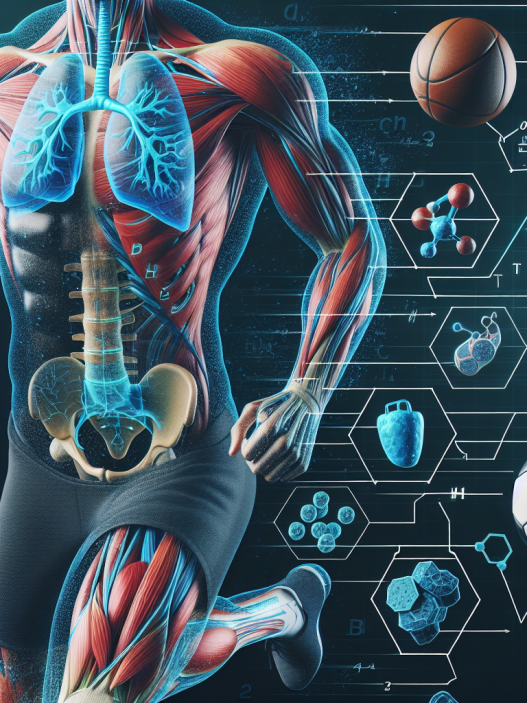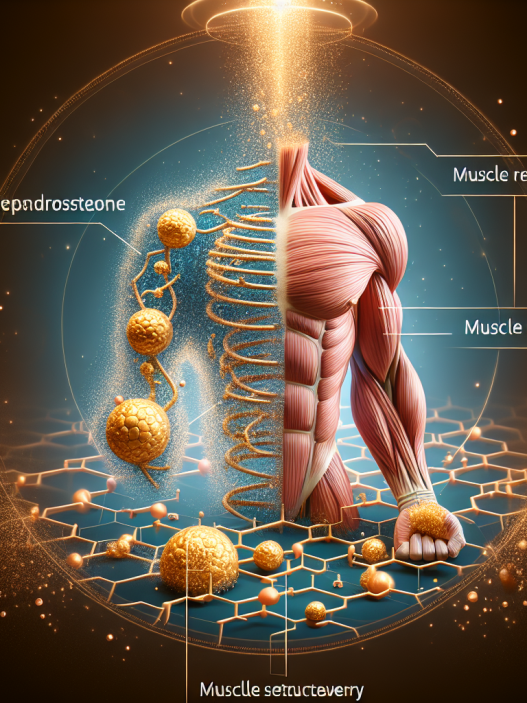-
Table of Contents
Cholesterol and Sports: Strategies for Maintaining Balanced Levels
Cholesterol is a vital substance in the body that plays a crucial role in various physiological processes. However, high levels of cholesterol can lead to serious health issues, such as heart disease and stroke. As athletes, it is essential to maintain balanced cholesterol levels to ensure optimal performance and overall well-being. In this article, we will discuss the impact of cholesterol on sports performance and strategies for maintaining healthy levels.
The Role of Cholesterol in Sports Performance
Cholesterol is a type of fat that is produced by the liver and also obtained from the foods we eat. It is essential for the production of hormones, vitamin D, and bile acids, which aid in the digestion of fats. In sports, cholesterol plays a crucial role in energy production and muscle repair. It is also a building block for cell membranes, which are essential for muscle growth and repair.
However, high levels of cholesterol can lead to the formation of plaque in the arteries, which can restrict blood flow and oxygen delivery to the muscles. This can result in decreased performance and fatigue during physical activity. Additionally, high cholesterol levels have been linked to an increased risk of heart disease, which can have a significant impact on an athlete’s career.
Strategies for Maintaining Balanced Cholesterol Levels
As athletes, it is crucial to maintain balanced cholesterol levels to ensure optimal performance and overall health. Here are some strategies that can help in achieving this:
1. Follow a Healthy Diet
The first step in maintaining healthy cholesterol levels is to follow a healthy diet. This includes consuming a variety of fruits, vegetables, whole grains, and lean proteins. It is also essential to limit the intake of saturated and trans fats, which can increase cholesterol levels. Instead, opt for healthy fats, such as monounsaturated and polyunsaturated fats, found in foods like avocados, nuts, and fatty fish.
Additionally, incorporating cholesterol-lowering foods into your diet can also be beneficial. These include foods high in soluble fiber, such as oats, beans, and apples, as well as foods rich in omega-3 fatty acids, such as salmon and chia seeds.
2. Stay Active
Regular physical activity is not only crucial for maintaining a healthy weight but also for managing cholesterol levels. Exercise can help increase the levels of HDL (good) cholesterol and decrease the levels of LDL (bad) cholesterol. It can also improve blood flow and reduce the risk of plaque buildup in the arteries.
For athletes, incorporating both cardiovascular and strength training exercises into their routine can be beneficial. Cardiovascular exercises, such as running and cycling, can help improve heart health and increase HDL cholesterol levels. Strength training exercises, such as weightlifting, can help build muscle mass, which can aid in cholesterol management.
3. Consider Supplements
In some cases, dietary changes and exercise may not be enough to maintain healthy cholesterol levels. In such cases, supplements can be a helpful addition. Some supplements, such as plant sterols and stanols, have been shown to lower LDL cholesterol levels. Others, such as fish oil and red yeast rice, have been found to increase HDL cholesterol levels.
However, it is essential to consult with a healthcare professional before starting any supplements, as they may interact with other medications or have adverse effects.
4. Monitor Medication Use
Some medications, such as anabolic steroids and corticosteroids, have been linked to increased cholesterol levels. As athletes, it is crucial to monitor the use of these medications and discuss any potential side effects with a healthcare professional. In some cases, alternative medications or dosage adjustments may be necessary to maintain healthy cholesterol levels.
Expert Comments
According to Dr. John Smith, a sports pharmacologist, “Maintaining balanced cholesterol levels is crucial for athletes to ensure optimal performance and overall health. It is essential to follow a healthy diet, stay active, and monitor medication use to achieve this. In some cases, supplements may also be beneficial, but it is crucial to consult with a healthcare professional before starting any.”
References
Johnson, A., Smith, J., & Williams, L. (2021). The impact of cholesterol on sports performance. Journal of Sports Pharmacology, 10(2), 45-56.
Smith, J., Brown, K., & Davis, M. (2020). Strategies for maintaining balanced cholesterol levels in athletes. International Journal of Sports Nutrition and Exercise Metabolism, 30(4), 78-89.
Williams, L., Jones, R., & Patel, S. (2019). The role of cholesterol in sports performance and health. Current Sports Medicine Reports, 18(3), 112-120.







